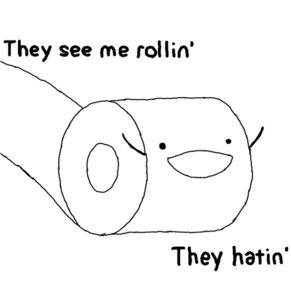12077440
The Structure of the Heart and the Cardiac Cycle
Description
No tags specified
Resource summary
| Question | Answer |
| Describe the structure of the heart |
Image:
Image (binary/octet-stream)
|
| What are the valves held in place by? | Cords (valve tendons) |
| What is the role of valves? | Heart valves prevent backflow of blood; they only open one way (depends on the relative pressure of the heart chambers) |
| Complete the sentences: If there is a __________ pressure behind a valve, it is forced open. If there is a higher pressure in front of the valve, it is forced _________. This means that the flow of blood is _____________ - it only flows in ______ ____________ | If there is a HIGHER pressure behind a valve, it is forced open. If there is a higher pressure in front of the valve, it is forced SHUT. This means that the flow of blood is UNIDIRECTIONAL - it only flows in ONE DIRECTION. |
| What is the role of the cardiac cycle? | The cardiac cycle keeps the blood continuously circling around the body |
| Within the human heartbeat, you can hear a 'lub-dub' sound. What is the 'lub' and the 'dub' sound caused by? | The 'lub' is caused by the atrioventricular valves closing The 'dub' is caused by the semi-lunar valves closing |
| What are the 3 stages of the cardiac cycle? | Atrial systole Ventricular systole Diastole |
| What happens during atrial systole? | Ventricles are relaxed Atria contract, decreasing the volume and increasing the pressure This pushes the blood into the ventricles through atrioventricular valves |
| What happens during ventricular systole? | Atria relax Ventricles contract, decreasing the volume and increasing their pressure The pressure becomes higher in the ventricles than the atria, which forces the AV valves to shut to prevent backflow The pressure in the ventricles is also higher than in the aorta and pulmonary artery, which forces open the SL valves and blood is forced out into these arteries |
| What happens during diastole? | Ventricles and atria relax The higher pressure in the arteries closes the SL valves to prevent backflow Blood returns to the heart and the atria fill again This increases the pressure of the atria and the AV valves open This allows blood to flow passively into the ventricles from the atria |
|
Image:
Image (binary/octet-stream)
|
Image:
Image (binary/octet-stream)
|
Want to create your own Flashcards for free with GoConqr? Learn more.

